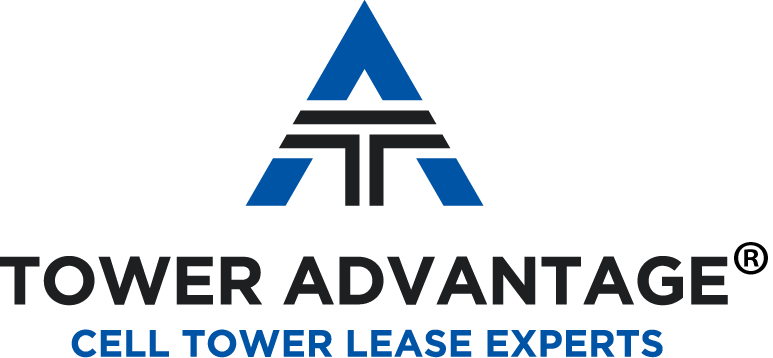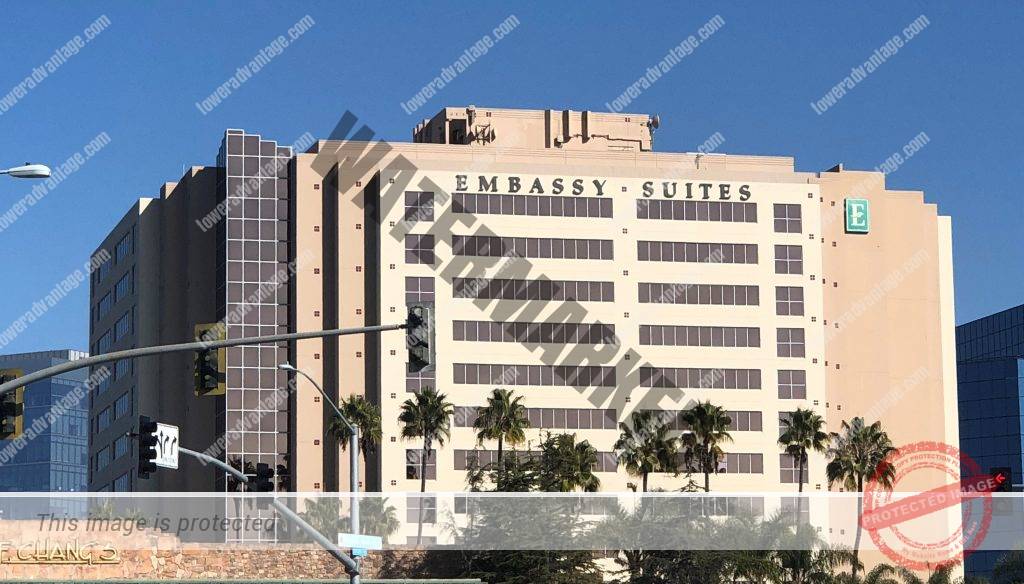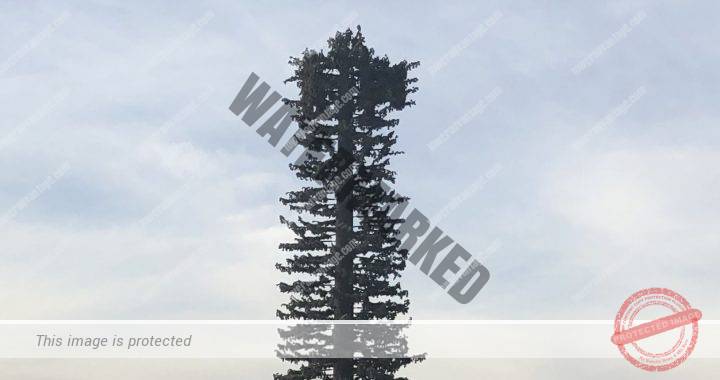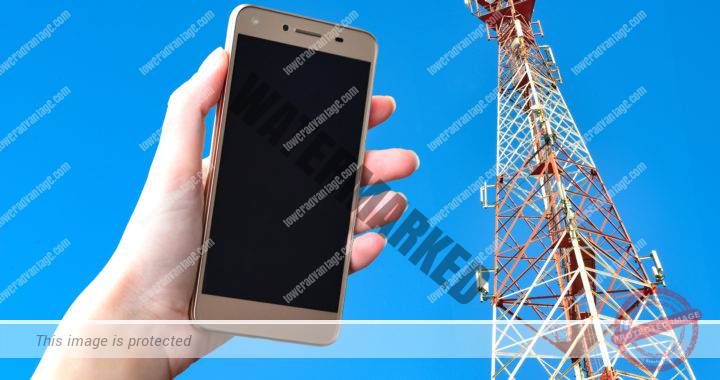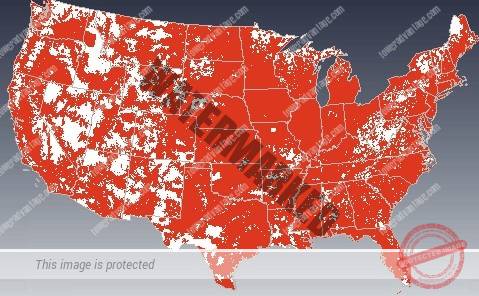Rooftop Cell Site Lease
A rooftop cell site lease provide a great opportunity for property owners to secure additional cash flow for their investment. Normally, the rooftop is not generating any income for the owner from tenant leases. However, a rooftop cell site lease can provide supplemental income to landlords from top quality cell tower tenants. Tower Advantage can help you whether you have been contacted for a new cell rooftop cell tower lease, you are considering extending your current rooftop cell site lease, you are considering a rooftop cell site lease buyout, or you are trying to market your property to obtain a cell tower lease?
5 Important Factors to Consider When Leasing Your Rooftop for a Cell Site Lease
There are 5 important factors to consider if you are entertaining a rooftop cell site lease. We recommend that you do not sign a rooftop lease until you have reviewed these issues with an expert.
1. Aesthetic and Design Issues
Any equipment that a cell site tenant is proposing should be installed using a site plan that does not take away from the overall value of the building. First, if possible, we recommend any antennas that can be viewed from the ground be either concealed or camouflaged as much as possible. Although this is not always necessary, in the last several years, antennas can easily be masked as part of the building without being overly noticed.
Also, although the rooftop is not somewhere that you will frequent, the equipment relating to the cell tower should be installed and upgraded with your potential future use in mind (e.g., HVAC systems, roof repair, etc). Unfortunately, many landlords spend more time focusing on the rent than they do on their future property rights.
As you can expect, if a cell site tenant is unrestricted in its rooftop cell site lease, it will do what is the cheapest, and not what is the best for your property. This is your valuable asset. That is where a cell tower lease expert can provide you with a great deal of help.
2. Structural and Load Issues
Similar to the aesthetic and design issues, the structural and load issues should not be discounted by landlords. Some of equipment can weigh hundreds of pounds and can cause future problems if not properly installed or located.
We recommend that a cell tower lease expert review these types of issues to provide you with the proper representation.
3. Consent and Modification Issues
When a cell site tenant wants to upgrade its equipment on your rooftop, sometimes it makes sense to require your consent. In our opinion, only significant modifications require this type of approval. As you can imagine, many cell site tenants have unintentionally – or intentionally – expanded outside of the original footprint without the landlord’s consent. This can lead to landlord’s being underpaid and not being fully-informed of the ramifications of the changes.
We recommend that you obtain the proper representation from a cell tower lease consultant that can protect your interests.
4. Noise and Access Issues
The only priority a cell site tenant has is to make sure that its site is operational and fully-functioning. Many cell site tenants use various contractors to maintain and access their sites. Not surprisingly, not all of them are always thinking of the property owner. Consequently, this can lead to noise or access issues that landlords should not overlook.
Some properties may require limited access due to security issues and the type of tenants in the building (e.g., banks, apartment buildings). Others cannot have construction work being done in the evenings or at night time. Of course, many problems can arise for property owners if these limitations are not met.
Tower Advantage will help you address these – and other issues related to your rooftop cell site lease.
5. Sublease Issues
Unlike an actual cell tower, a rooftop is owned by the landlord. When a cell tower tenant subleases the tower, they will normally not share the sublease rent since the tenant is not leasing any more land. They are simply adding the antennas to the tower and some additional ground equipment within the current footprint that they are already paying for.
Similarly, on a rooftop, many tenants will try to lease much more than they need. This is done to allow them to expand without having to pay for it. It also allows them to sublease, without having to ask for more space.
Yet with a rooftop lease, a landlord is in a better position to obtain sublease rent due to the ownership rights of the “tower”. If the building is valuable because of its height and location, other tenants may benefit from using it to transmit cell signals independent of what cell site tenant that was there first.
A cell tower lease expert – such as Tower Advantage – can provide you with the proper representation to get the most out of your rooftop cell site lease.
Contact our experts at Tower Advantage
for your free consultation regarding your rooftop cell site lease.
(833) MY-TOWER
(833) 698-6937
![]()
